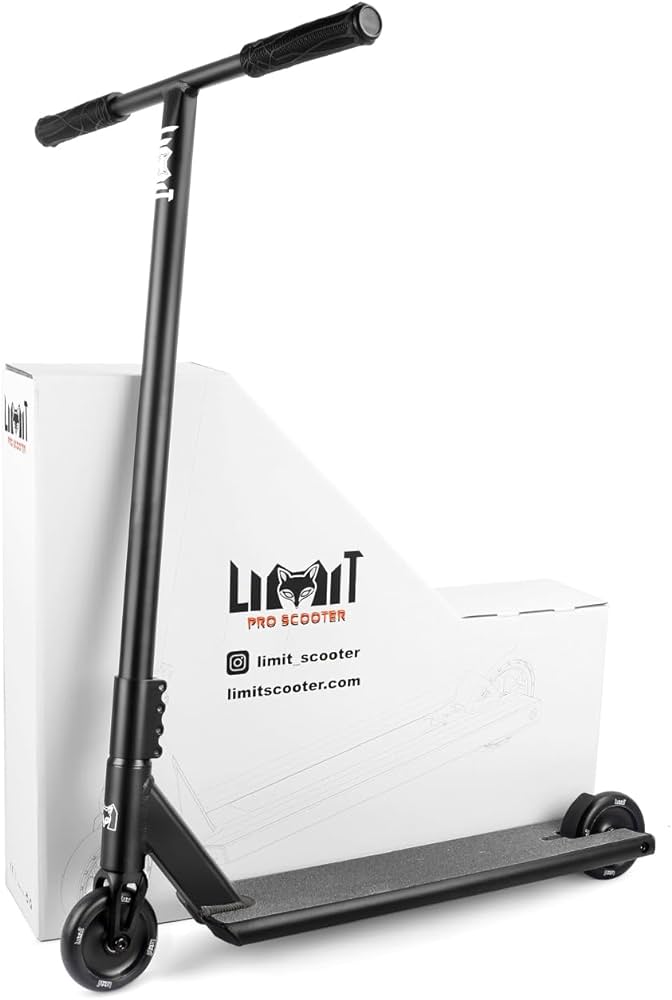Scooters have become a popular mode of transportation in urban areas due to their convenience, affordability, and eco-friendly nature. However, one common concern associated with scooters is the noise they make. In this blog post, we will explore the different factors that contribute to scooter noise levels and discuss ways to reduce the noise for a more peaceful and pleasant riding experience.
The Factors Influencing Scooter Noise
Several factors contribute to the noise levels produced by scooters. Understanding these factors is crucial in finding effective solutions for reducing scooter noise. Here are the main contributors:
- Engine Type: The type of engine used in a scooter plays a significant role in determining its noise level. Two-stroke engines tend to be louder compared to four-stroke engines due to their design and combustion process. If noise reduction is a priority, choosing a scooter with a four-stroke engine is advisable.
- Exhaust System: The exhaust system design affects noise emission. Scooters with larger exhaust pipes or non-standardized modifications tend to produce higher noise levels. Opting for a stock or approved aftermarket exhaust system can help keep the noise level within acceptable limits.
- Riding Speed: The speed at which a scooter is driven impacts the noise level. The faster the scooter goes, the more noise it tends to produce. This is because higher speeds create more friction, generating additional engine and wind noise. Maintaining reasonable speeds can help minimize noise pollution.
- Maintenance and Wear: A well-maintained scooter is generally quieter compared to one that is poorly maintained or has worn-out components. Regular servicing, keeping the engine well-tuned, and replacing worn parts can significantly reduce noise emissions.
- Tire Type: The type and condition of the tires affect the noise level produced by a scooter. Tires with aggressive treads tend to create more noise, especially on rough surfaces. Opting for tires designed for lower noise emission can make a noticeable difference.

Credit: www.bcg.com
Reducing Scooter Noise Levels
Now that we have identified the main factors influencing scooter noise, let’s explore some effective strategies to reduce noise levels:
- Choose a Quieter Model: If noise is a major concern for you, do some research before purchasing a scooter. Look for models that are known for their quieter operation or have noise reduction features integrated into their design.
- Opt for Electric Scooters: Electric scooters are generally quieter compared to their internal combustion engine counterparts. By utilizing electric motors, noise levels can be significantly reduced. Additionally, electric scooters produce zero tailpipe emissions, making them more environmentally friendly.
- Use Approved Mufflers: Installing approved mufflers or exhaust systems can help minimize noise pollution. These products are designed to meet noise emissions standards and are more effective in reducing noise compared to non-standard modifications.
- Maintain your Scooter: Regular maintenance and servicing play a crucial role in reducing noise levels. Keep your scooter’s engine well-tuned, replace worn-out components, and lubricate moving parts to ensure smooth and quiet operation.
- Control Your Speed: As mentioned earlier, higher speeds contribute to increased noise levels. Driving at moderate speeds not only helps reduce noise pollution but also improves safety and fuel efficiency.
- Consider Noise-Reducing Accessories: There are various noise-reducing accessories available in the market that can be added to your scooter. These include noise-canceling materials, vibration dampeners, and soundproofing kits. These accessories can help absorb and reduce noise levels, providing a quieter riding experience.
By addressing the factors influencing scooter noise levels and implementing the suggested solutions, riders can significantly reduce noise pollution caused by scooters. This not only benefits the riders themselves but also contributes to a quieter and more harmonious environment for everyone.
Remember, being mindful of noise pollution is important, as excessive noise can have adverse effects on both physical and mental health. So let’s strive for quieter and more peaceful scooter rides!
Frequently Asked Questions Of Scooter Noise Levels
How Loud Are Electric Scooters?
Electric scooters are designed to produce minimal noise, with noise levels ranging between 55 to 75 decibels on average.
Are Electric Scooters Quieter Than Motorcycles?
Yes, electric scooters are considerably quieter than motorcycles, making them a more peaceful and less disruptive mode of transportation.
Can Scooter Noise Levels Be Reduced?
Absolutely! You can reduce scooter noise levels by ensuring regular maintenance, using noise-reducing accessories, and opting for electric scooters instead of gasoline-powered ones.
What Causes Excessive Scooter Noise?
Excessive scooter noise can be caused by loose components, worn-out parts, improper maintenance, or modifications that affect the exhaust system.

